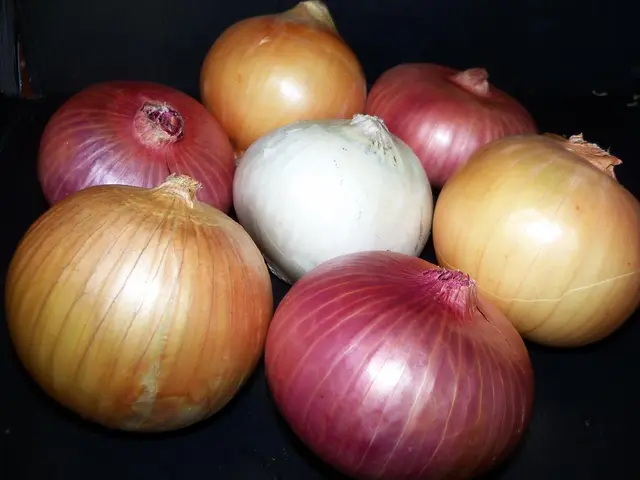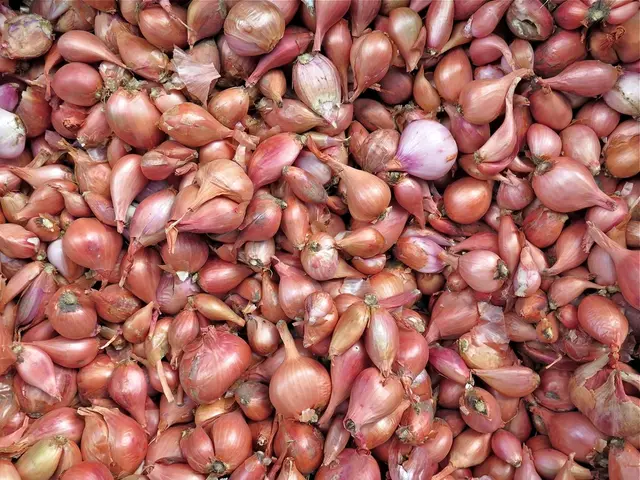Beneficial Garden Addition: Consider Amending Your Veggie Patch with Manure
Whenever you pile up a bunch of well-rotted garden gold, you might boost your soil's health, but go overboard, and you could run into trouble. Let Emma Crawforth, BBC Gardeners' World Magazine, school you on this in her Quick Tips video.
Here's the lowdown: an excess of manure-based mulch can create a ruckus in your soil because if the manure isn't completely decomposed, its ongoing decomposition draws nitrogen like a magnet. This nitrogen attraction sends soil microbes scrambling to snatch it up for breaking down the organic matter. The resulting nitrogen shortage can hamstring plant growth and potentially stunt 'em.
You see, dumping truckloads of fresh or partially decomposed manure as mulch sets off a "microbial gold rush" for nitrogen, making it a hot commodity. This gold rush can lead to nitrogen deficiencies for plants as the microbes go head-to-head with their root systems for this essential nutrient. The excessive decomposition might also lead to soil settling, which causes the root collar of larger plants to drop below ground level—not good for their health.
But it's essential to remember that organic mulches like well-rotted manure provide nutrients and boost soil structure as they decay. However, it's crucial to use them sparingly and correctly to prevent these issues. Make sure your manure is well-rotted to a T to minimize nitrogen drain. And for Pete's sake, don't go overboard with the mulch—moderation is essential. When applied judiciously, well-rotted manure mulch does wonders for soil health while reducing water loss.
So, the dealio here is that too much mulch derived from well-rotted manure can trigger issues:
- If not fully decomposed, microbes munch on soil nitrogen to feed their decomposition party, running nitrogen levels low for plants
- Reduced plant growth and nutrient deficiencies may result
- Excess decomposition can cause soil settling and lead to root collars sinking in large plants
- Use your manure mulch thoughtfully, and you'll see improvements in soil fertility and moisture retention without tipping the balance or sparking nutrient competition[1][2][3].
Overindulgence in manure-based mulch can ignite a microbial frenzy for nitrogen, potentially causing nutrient deficiencies and stunted growth in plants. To prevent this, ensure that your manure is well-rotated before using it as mulch in your home-and-garden and lifestyle projects, and apply it judiciously to boost soil structure and water retention without causing issues.








